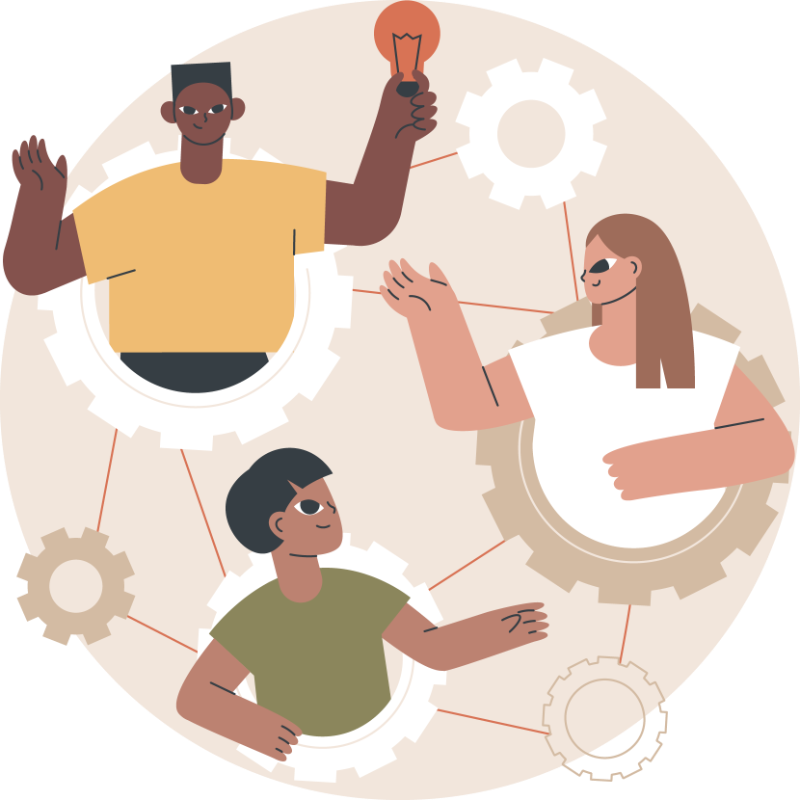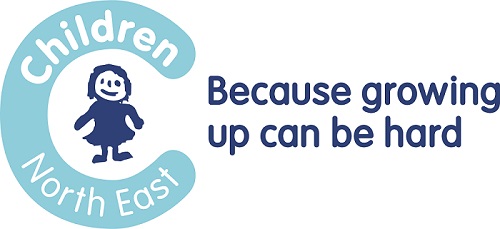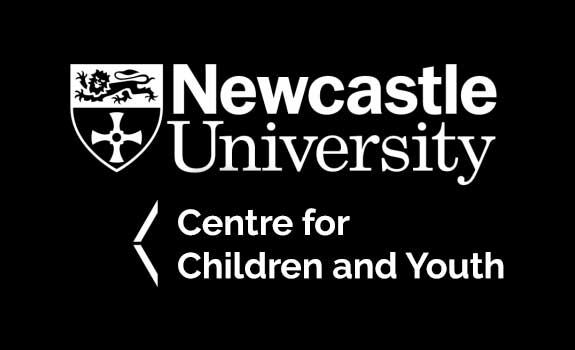Relational Toolkit: Working with Communities

Rather than beginning with an intervention, a relational approach offers a suggestion for a different power dynamic in working with communities to develop strategic engagement policy and practice.
The founding principle of this approach is that:
relationships matter...engagement, then, should be about creating the relationships that provide a foundation for long-term and sustainable change (Warren, 2009, p.2248).

Using the Relational Toolkit
The Relational Toolkit uses different engagement audit activities and a Ladder of Engagement activity so that participants can work interactively and collaboratively to identify the relational potential of current engagement practice.
The Toolkit has been designed to be used through a series of 5 collaborative learning workshops with service users and professionals.
The learning workshops are used to gain an insight into different professional and service user experiences and understandings of the relational potential of current engagement activities and to identify opportunities for change.
The collaborative learning workshops can be adapted to enable further opportunities for engagement through continued professional development with a range of partners across different organisations and sectors.
The Toolkit is used to collaboratively explore the engagement activities by looking at how far an organisation’s current engagement activities are aligned with 3 core attributes of a relational approach:
- An explicit intention to build collaborative working relationships among and between stakeholders and professionals/policymakers
- How engagement activities are used to bridge gaps in culture and power (knowledge exchange)
- The development of sustainable leadership skills for democratic decision making
(adapted from Warren et al, 2009)
Warren, M. R., Hong, S., Rubin, C. H., and Uy, P. S. (2009). Beyond the bake sale: A community-based, relational approach to parent engagement in schools. Teachers College Record, 111(9), 2209-2254.



